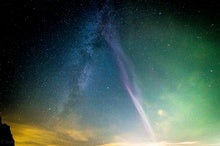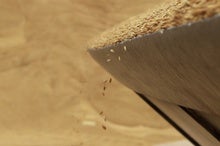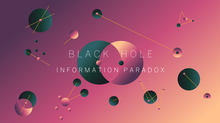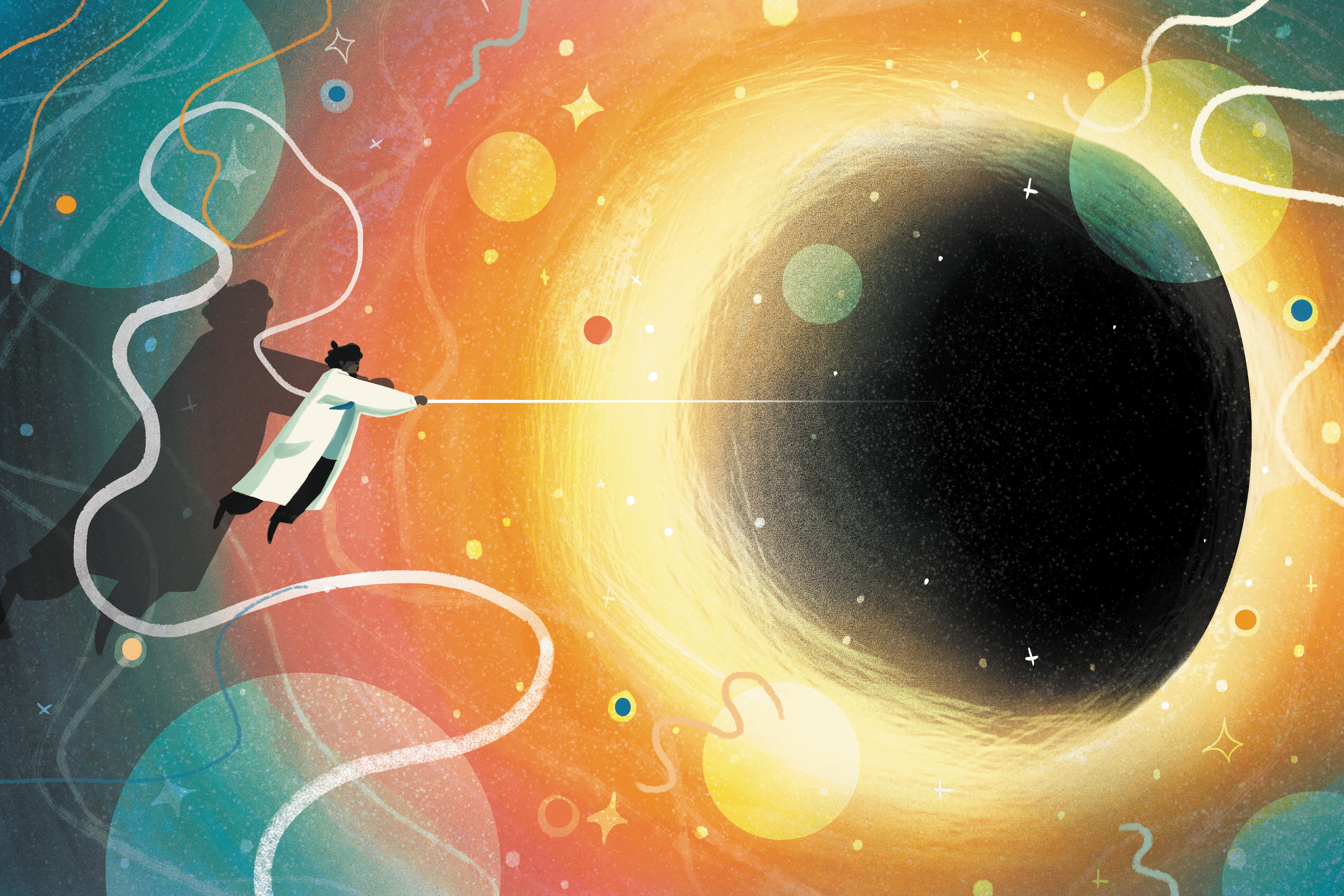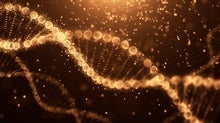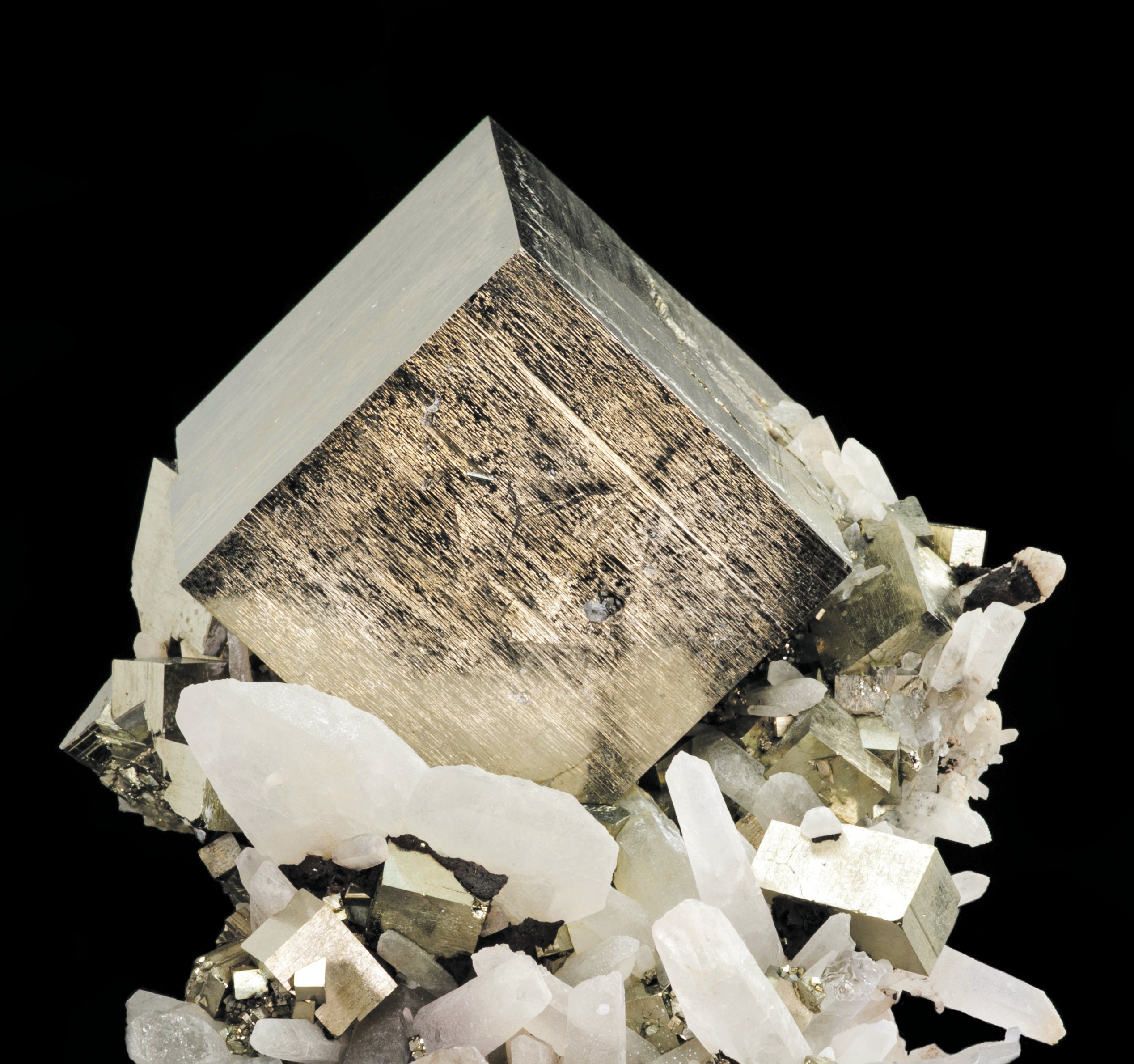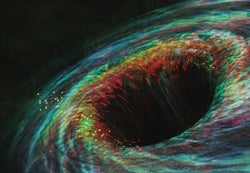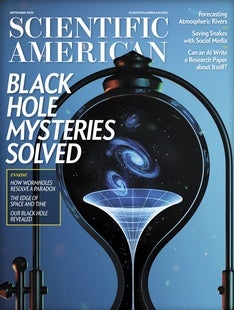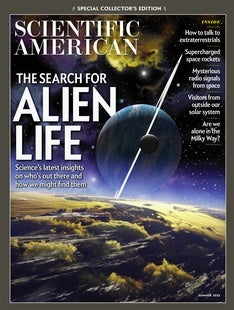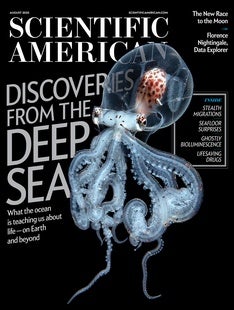 |
| August 18, 2022 |
Dear Reader,
This week, we're stargazing. Specifically, we're looking at the red giant star Betelgeuse—the crimson dot at the right "shoulder" of the constellation Orion. Although its current ruddy appearance is unquestionable, a new study of ancient records suggests our present-day view deviates from that of antiquity, when ancient astronomers reported seeing a yellow-shining Betelgeuse. If true, the color shift has major implications for our understanding of the star's evolution, and the timing of its eventual death as a cataclysmic supernova. Elsewhere, we have stories on a potential resolution to the black hole information paradox, preparations for NASA's imminent moon shot, linkages between UFOs and exotic atmospheric phenomena, a conversation between astrophysicists about the James Webb Space Telescope, and more. Enjoy! |
| |
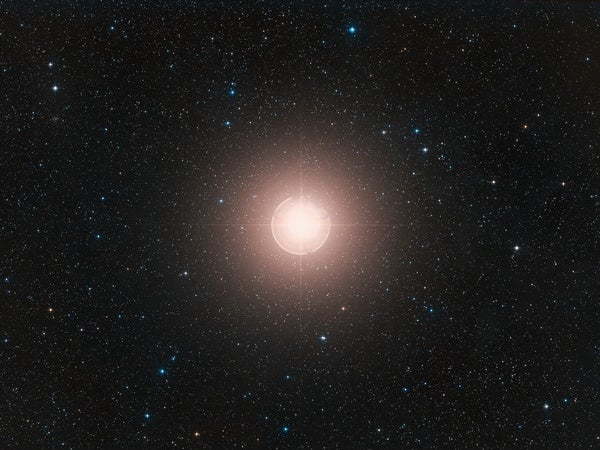 |
| |
| |
| |
| |
| Public Health Nuclear War Could Spark Global Famine Smoke from burning cities would engulf Earth after a nuclear war, causing worldwide crop failures and starvation, models show | | By Alexandra Witze,Nature magazine | | | |
| Black Holes What Is the Black Hole Information Paradox? A Primer Black holes, wormholes, entanglement, Einstein, mysterious islands and new science that sees how the inside of a black hole is secretly on the outside. |  | By Jason Drakeford,Clara Moskowitz,Jeffery DelViscio,Sunya Bhutta | | | |
| |
| |
| |
| |
| |
| |
| QUOTE OF THE DAY
 "Truth be told, physicists are happy black holes are proving so tough to figure out. If the problem is this hard, the solution has got to be profound." George Musser, science writer | |
FROM THE ARCHIVE
 | | Escape from a Black Hole To save quantum mechanics, information must break free from black holes. New observations may help tell us how By Steven B. Giddings | December 2019 | | |
LATEST ISSUES
 |
| |
| Questions? Comments?  | |
| Download the Scientific American App |
| |
| |




